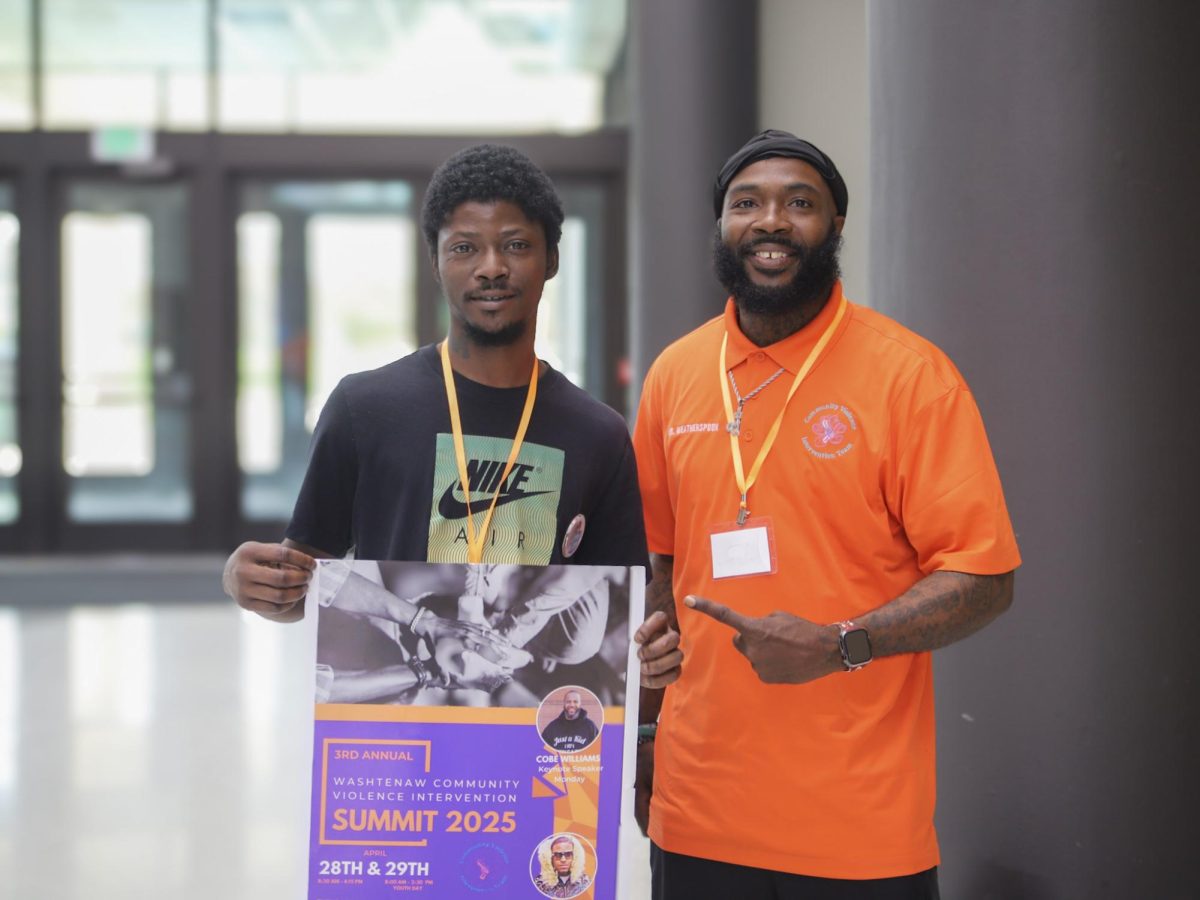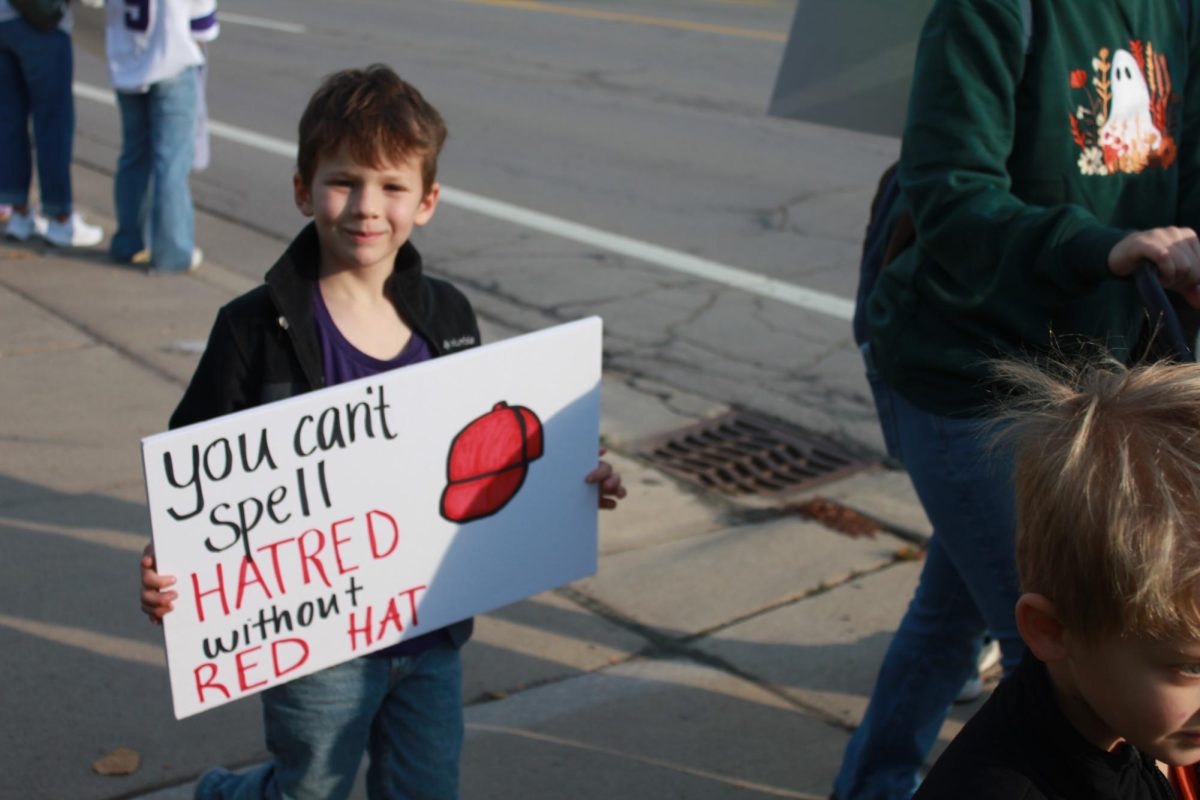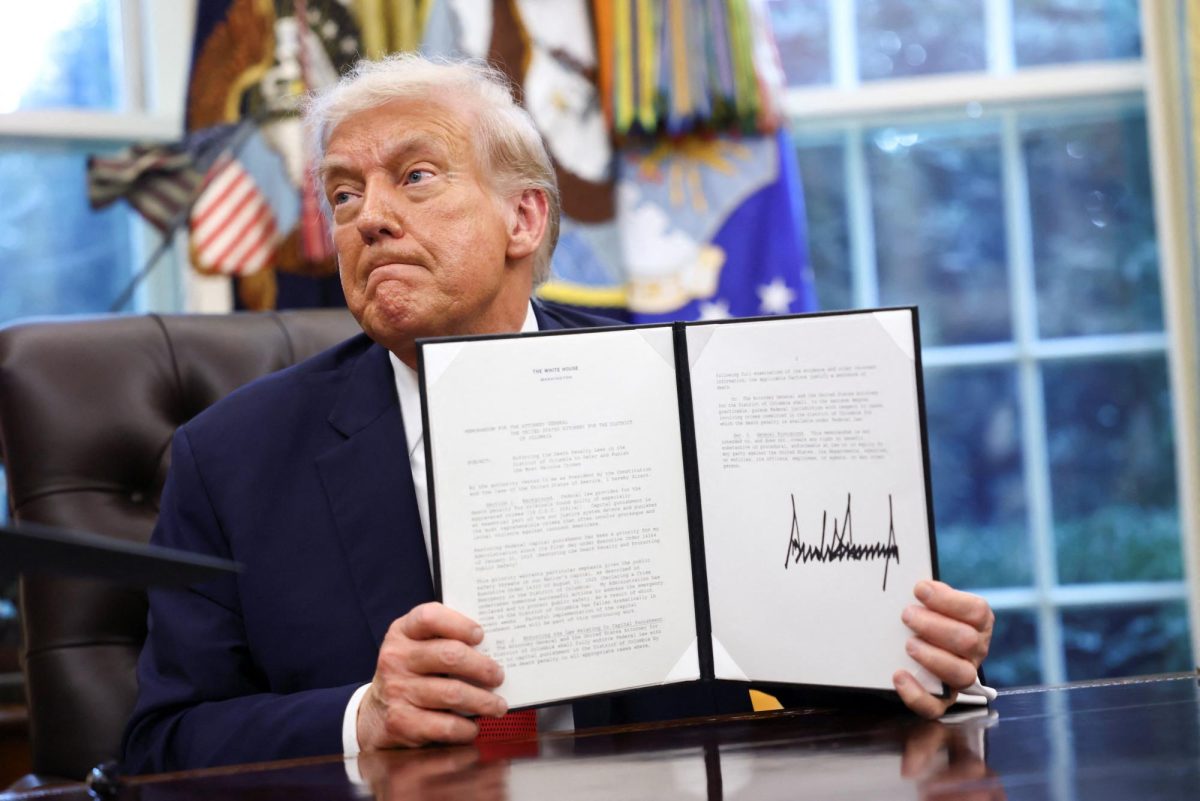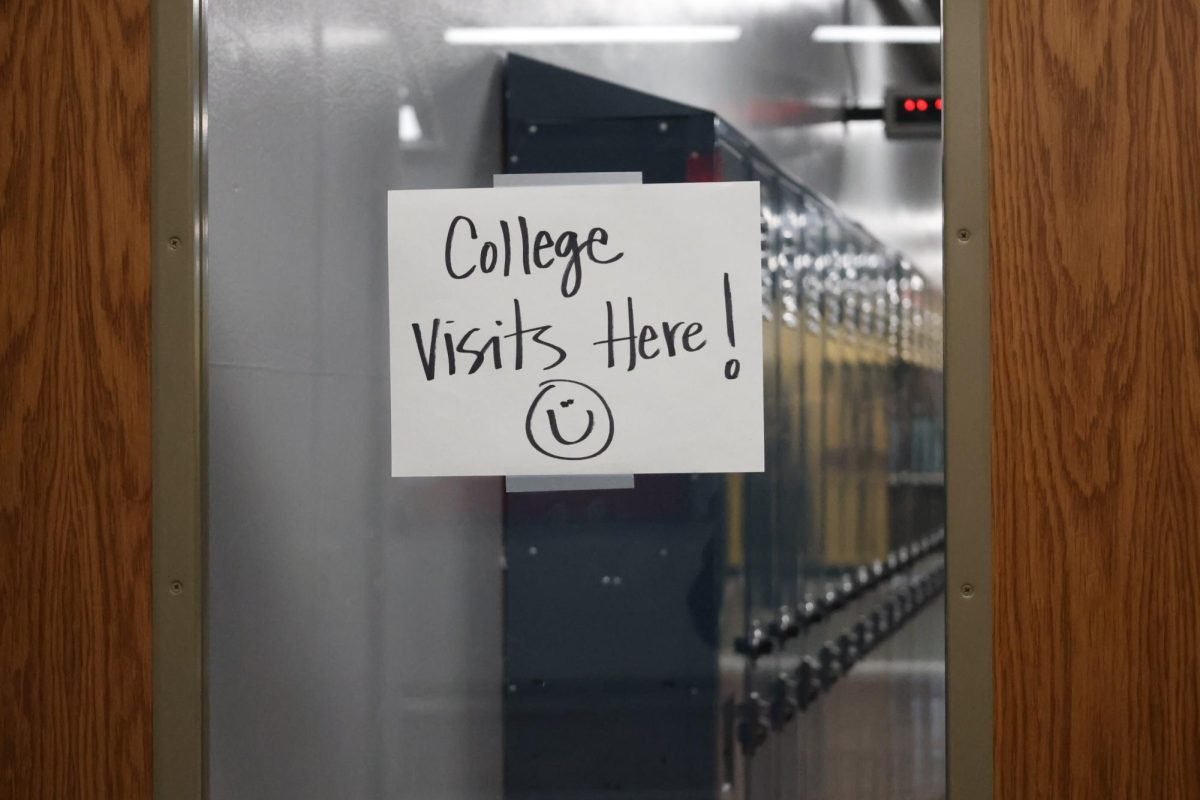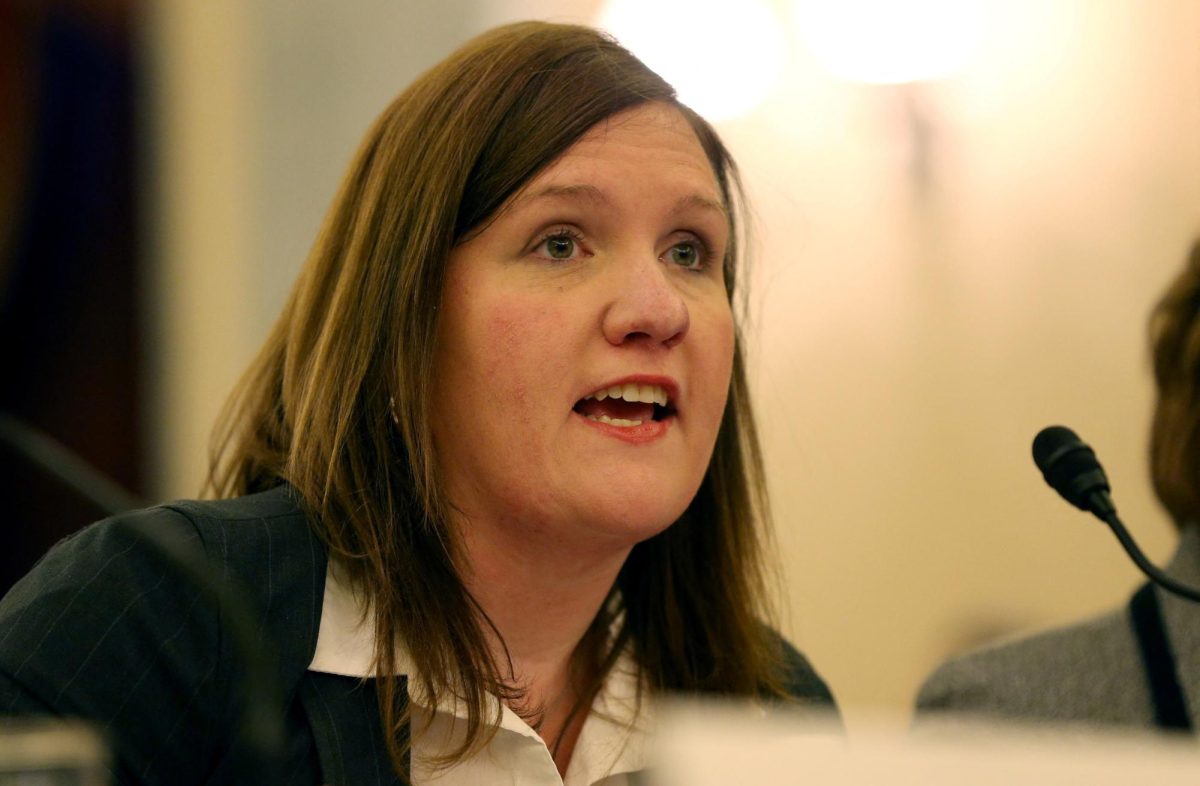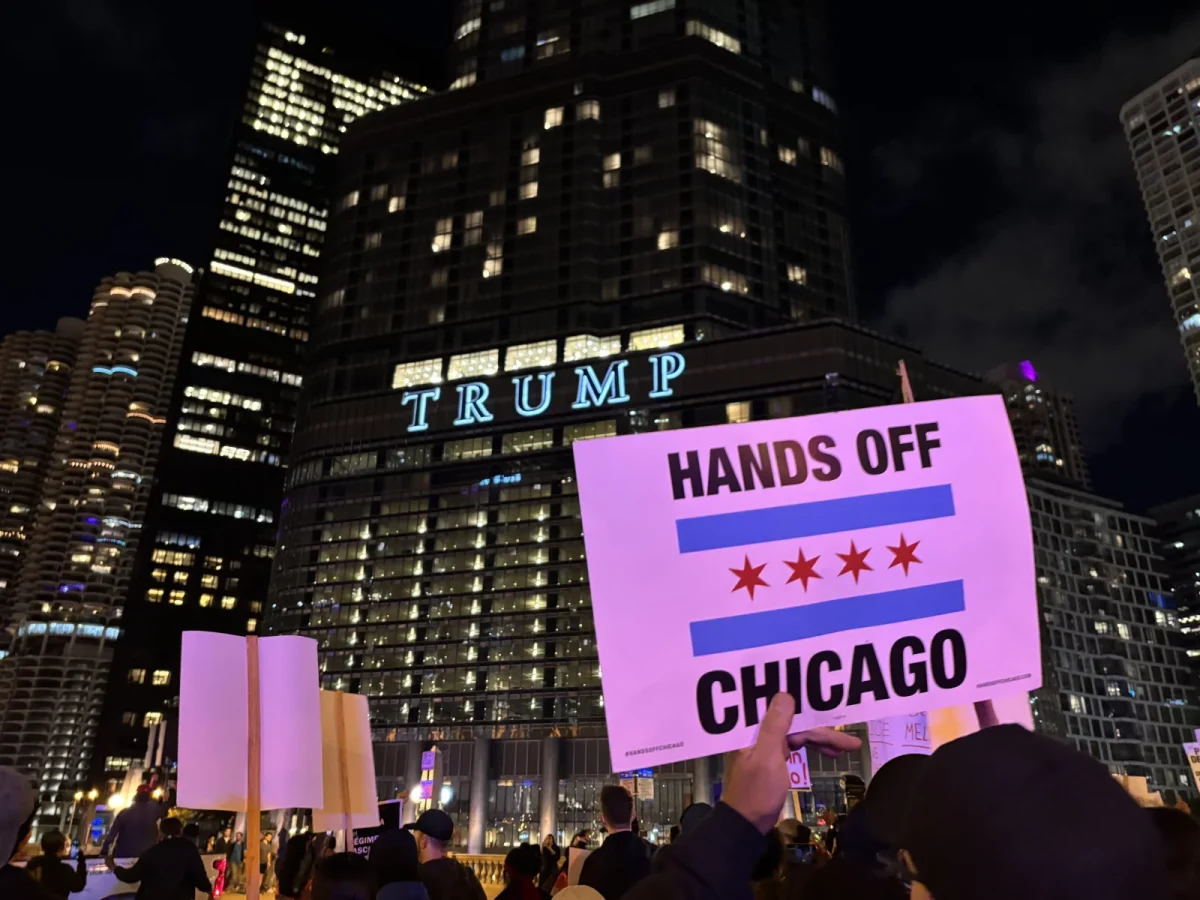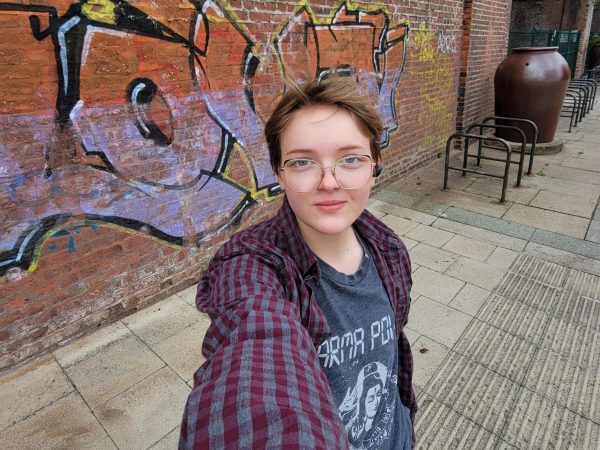The Washtenaw County Community Violence Intervention Team (CVIT) marked a milestone on April 29, 2025, hosting its first youth-focused day as part of the third Annual Community Violence Intervention Summit at Washtenaw Community College. The event aimed to create a platform for young voices to address community violence, with a particular focus on gun violence.
CVIT’s origins trace back to 2021, when a series of shootings prompted Lois Allen-Richardson, a member of the Ypsilanti City Council for 22 years and a longtime advocate for the city’s South side, to take action. As an ordained minister, Richardson felt a divine calling to break the cycle of violence. Allen-Richardson reached out to Derrick Jackson, the Director of Community Engagement at the Washtenaw County Sheriff’s Office. Together, they assembled concerned community members and established weekly meetings.
What began as a grassroots gathering of concerned citizens evolved into a dedicated team laser-focused on preventing gun violence, especially retaliatory shootings — which are believed to account for 80-85% of shootings in Washtenaw County.
Today, CVIT includes representatives from law enforcement, health systems, government and individuals with lived experience as both perpetrators and victims of gun violence. The team’s efforts are guided by a 14-point plan developed during CVIT’s first year, aligning with the Council on Criminal Justice’s recommendations. The team also learned from Thomas Abt’s book “Bleeding Out” to develop common language and base recommendations in factual data. The similarities between CVIT’s plan and Abt’s approach reflect his influence as the chair of the Council on Criminal Justice’s efforts.
The event was structured around CVIT’s four guiding principles: building a common understanding based on data, elevating voices with lived experience, continuous learning and action-oriented organizing.
At the center of the stage stood two framed pictures of the late Deshawn Leeth, a key CVIT leader and a driving force behind this year’s youth-focused day. A prayer and remembrance video honored his memory and contributions.
“Deshawn believed in each and every one of you all sitting here,” said Cherisa Allen, organizer of the event. “His life mission was to make sure the youth voice was heard, to make sure that youth were in the room, to make sure youth were uplifted and not judged. He would be very proud of us today.”
Keynote speaker Damon Etchinson shared his powerful personal journey, recounting the loss of friends, family, classmates and neighbors to gun violence before becoming a victim of gun violence himself. Etchison spoke candidly about his past reckless behavior and the company he kept in his youth.
“When I was your age, nobody expected me to make it,” Etchinson said. “Society didn’t expect me to be anything but another number, mugshot or statistic. It made it easy to believe that was all I was ever going to be.”
Without feeling safe, loved or a sense of belonging, Etchinson had little motivation to change until a shooting left him in critical condition. Etchinson views his survival as proof that failure does not define one’s future.
The morning of the youth-focused day at the summit featured breakout sessions designed to engage both teens and adults. Participants could join conflict mediation sessions led by the Dispute Resolution Center, a non-profit organization providing accessible expert mediation services. Alternatively, attendees could participate in somatic yoga classes, which combine traditional yoga and somatic movement therapy to address both physical and emotional trauma symptoms.
As morning breakout sessions concluded, the room filled with people gathering for lunch. While attendees enjoyed the buffet, DJ Charles Peterson-Bey, also a CVIT member, provided music. He runs a program at the Ypsilanti Housing Commission teaching media production to youth, creating opportunities for their future.
“You have to give [youth] options,” Peterson-Bey said. “90% of the guys that pick up a gun to earn a living don’t really want to do that. They are doing it out of peer pressure and duty. Give them a camera to shoot with instead.”
A highlight of the day was a youth panel where participants shared their experience with gun violence, relationships and trauma, and answered questions.
After lunch, paramedic Joe Keen led a “Stop The Bleed” training session, teaching attendees how to respond to gunshot wounds using tourniquets, cloth or even just their hands. The training is part of a national campaign by the American College of Surgeons to ensure that basic bleeding control knowledge is widely accessible and that kits are installed in public spaces.
A youth circle on healthy relationships, led by Darnesha Green and Steve Hall, created space for open sharing. The session used an inner-outer circle model: youth and some adults spoke in the inner circle while the audience in the outer circle listened. Participants rotated between circles based on their readiness to speak or listen. A second round of somatic yoga was also offered during this time.
Throughout the day, attendees had the opportunity to create Soul Boxes — small paper origami art pieces representing lives lost to gun violence. This activity is part of the Soul Box Project, a national initiative using art to raise awareness and memorialize victims.
The summit’s overarching goal was to interrupt the cycles of retaliatory violence in Washtenaw County. The organizers approach violence as a public health crisis rather than solely a criminal issue, emphasizing prevention, intervention and healing for the entire community.



